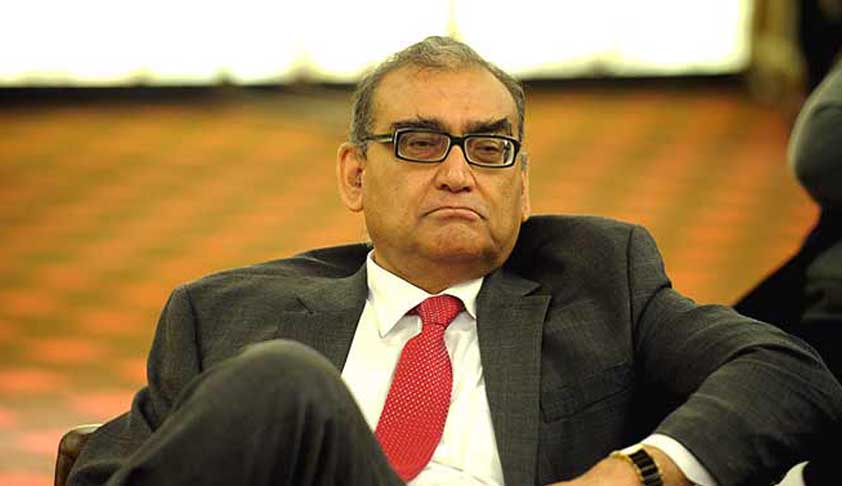SC Verdict In Soumya Case Is Wrong, Must Be Reviewed: Justice Katju
LIVELAW NEWS NETWORK
16 Sept 2016 11:20 AM IST

Next Story
16 Sept 2016 11:20 AM IST
On his blog, the retired Supreme Court Justice has cited Section 300 and an illustration to support his argument that Govindachamy is guilty of Soumya’s murder too.Former Supreme Court judge Justice Markandey Katju has said the Supreme Court must review its Thursday judgment in Soumya case, in which the apex court found accused Govindachamy not guilty of murder but only guilty of...
